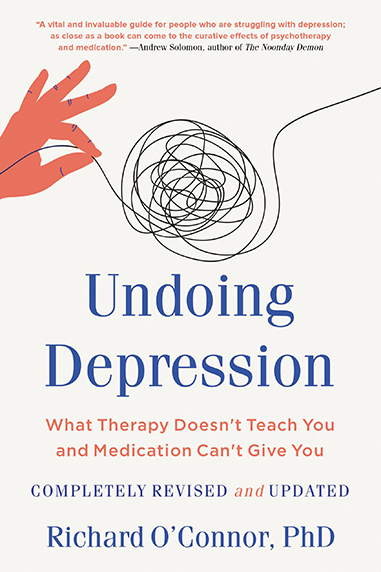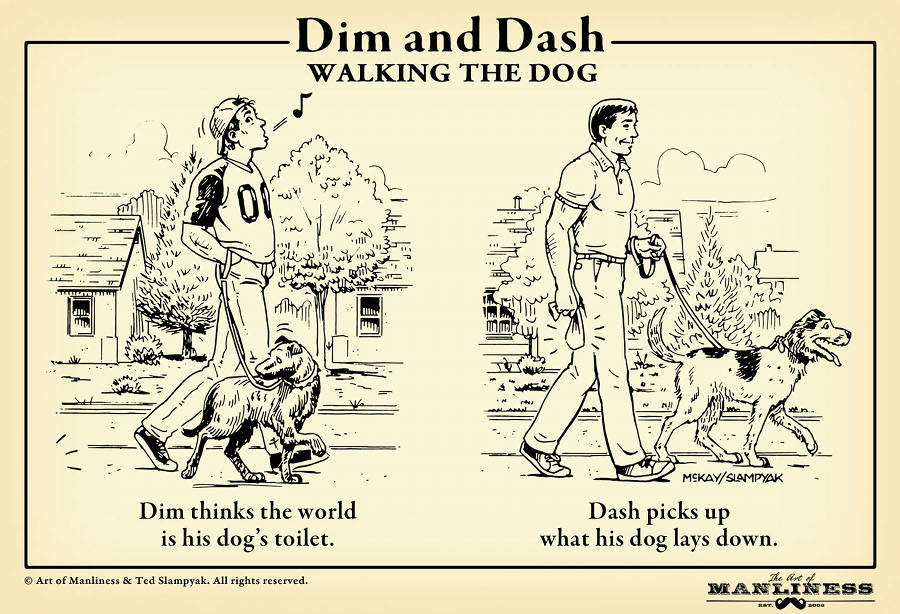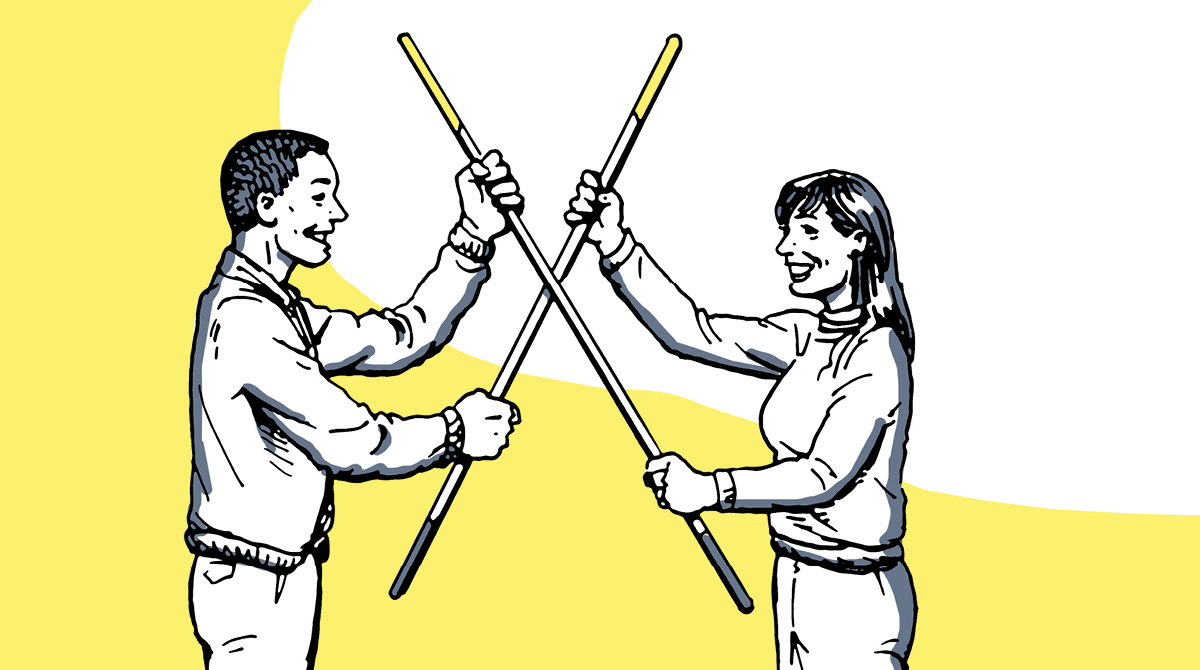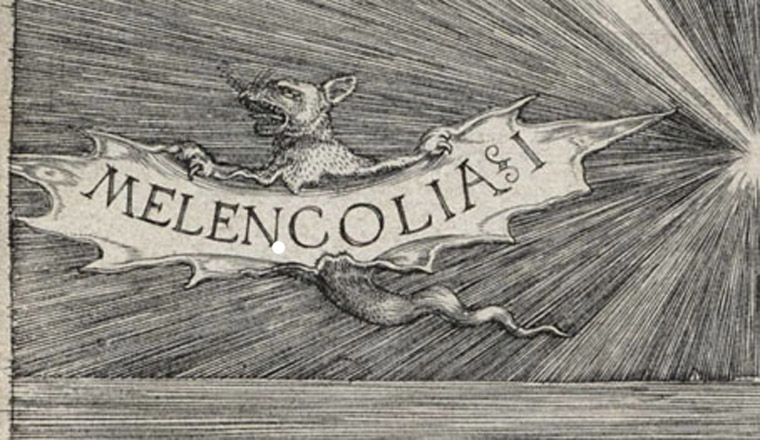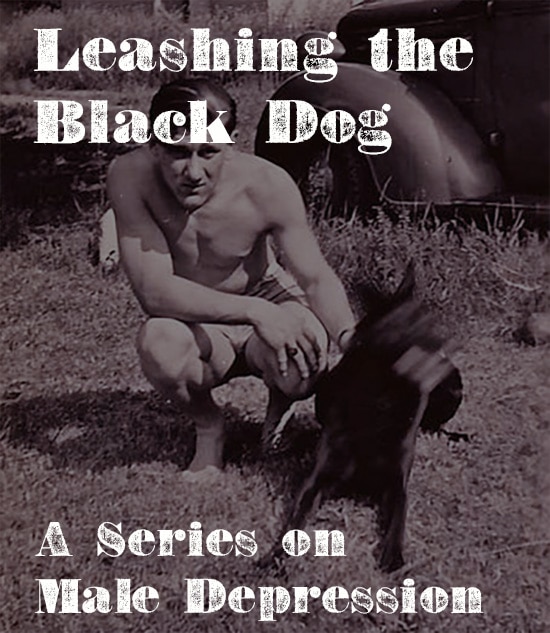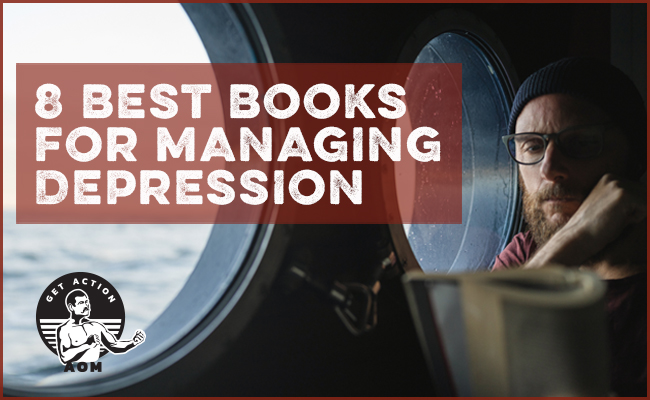
I’m someone who’s struggled with depression. As such, I’ve experimented with a lot of strategies to get a handle on it.
One of the strategies I’ve tried is going to see a therapist.
To be honest, I personally didn’t get much out of it. But there is a form of therapy I have found really beneficial: bibliotherapy.
“Bibliotherapy” refers to reading books to help alleviate mental health issues. And the research suggests it can be an effective form of treatment for mild and moderate depression.
Over the years, I’ve read dozens of books about depression and general melancholiness to better help me manage my own depressive tendencies, and as research for the series I wrote about male depression here on AoM.
Visiting a human therapist can be effective for some people, but if that’s something you’re not interested in for whatever reason (can’t afford it, don’t have time, don’t like the idea, etc.), consider doing some bibliotherapy. It’s cheap, convenient, has no adverse side effects, and can work.
Also, if you do decide to see a therapist, it can be helpful to be familiar with the concepts around treating depression so that you can get more out of your sessions; having plenty of context for your condition will allow you to better hit the ground running. Often, a counselor or therapist will assign a patient to read a book on managing depression as a supplement to their in-person visits anyway.
Below, I highlight the best books on understanding and managing depression that I’ve come across during the course of my own bibliotherapy; maybe they will help you, too. Some of the content overlaps between the books, but each author has their own unique slant, and some repetition is valuable — it’s how you keep the important principles you need to remember at the forefront of your mind. Aim to read one book every few months; just like traditional therapy, bibliotherapy shouldn’t be a one-and-done thing, but an ongoing process.
Feeling Great by David Burns

One of the many factors that contributes to depression is faulty thinking. Depressives are often depressed because they see the world through an inaccurate, overly-pessimistic lens. Cognitive-behavioral therapy (CBT) is a form of effective talk therapy that aims to help the depressed individual challenge those faulty thoughts and replace them with ones that align more closely with reality.
In Feeling Great, psychiatrist David Burns gives the lay reader a comprehensive, easy-to-read guide to implementing CBT to manage a variety of mood disorders, including depression.
Feeling Good (which was basically the earlier edition of the now-updated Feeling Great) is one of the most valuable books I’ve read on managing depression through better cognition and one that I keep going back to for a refresher when I need to scrub the barnacles off my psyche.
Check out our article on the 11 cognitive distortions that are making you a miserable SOB to get a taste of what you’ll find in Feeling Great.
On Depression by Nassir Ghaemi
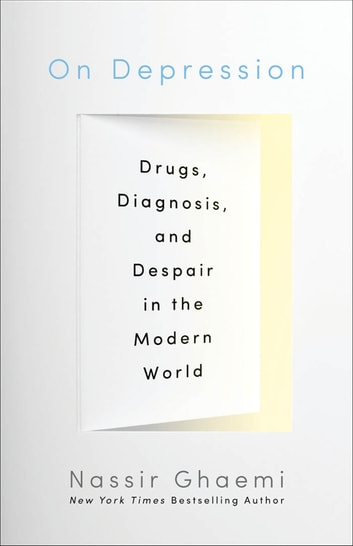
On Depression isn’t so much a how-to manual on how to manage depression. Instead, it provides readers a better, more holistic understanding of melancholy. Dr. Ghaemi makes a compelling case that the way we typically think about depression in our popular culture is overly simplistic and that we not only need to think of it in terms of biology and psychology, but also in terms of philosophy.
I found this book helpful because it offered a different framework to think about depression. While it might not be something we can cure because it’s just part of the human condition, we can take steps to manage it so that it doesn’t get in the way of living a flourishing, meaningful life.
Hardwiring Happiness by Rick Hanson

Rick Hanson’s Hardwiring Happiness has been one of the most life-changing books I’ve read.
Like Burns, Hanson makes the case that many of our mood disorders are caused by disordered thinking. All humans have a tendency to focus on the negative; depressed humans hyper-focus on the negative.
In Hardwiring Happiness, Dr. Hanson guides readers through a meditative practice (grounded in cognitive and neuroscience research) that helps individuals “rewire” their brains so that they’re less sensitive to the negative and more receptive to the positive in their lives. You do that “rewiring” by noticing and really soaking in the positive experiences you have throughout the day.
I’ve been doing Hanson’s Hardwiring Happiness meditations for years, and they’ve really helped. I can’t recommend this book enough.
Check out my crib notes on Hanson’s method, as well as my podcast with him:
The Depression Cure by Stephen Ilardi
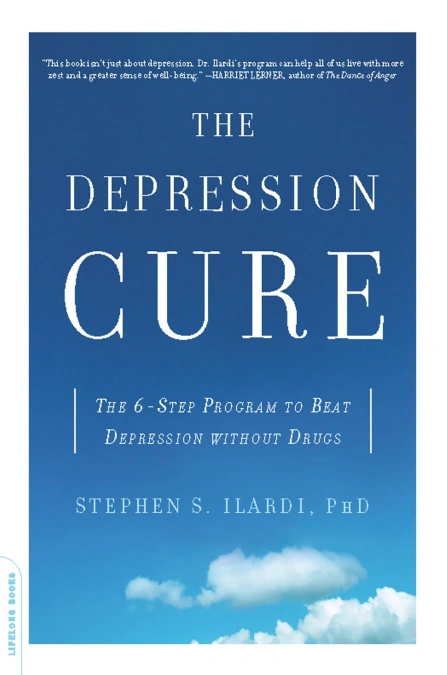
Depression is a multifaceted disorder. Genetics, psychology, and environment can all play a role in its prevalence and manifestations.
In The Depression Cure, clinical psychologist Stephen Ilardi provides a multi-pronged approach to treating and managing this multi-pronged condition. What I like about Ilardi’s book is that it’s incredibly action-oriented. Mood and thoughts often follow action. Consequently, Ilardi focuses on easy (and free!) lifestyle changes that you can make that can help alleviate depression, like exercising, getting outside in nature, and socializing.
Lincoln’s Melancholy by Joshua Wolf Shenk

In Lincoln’s Melancholy, Joshua Wolf Shenk gives readers a history of Abraham Lincoln’s lifelong battle with what we’d now call depression. While this isn’t a self-help kind of book, but rather a biographical one, it’s still quite valuable in contributing to the kind of context that will enhance your understanding of your own personal bout with the black dog.
Shenk shows how Lincoln’s melancholy was both a curse and a blessing. At some points in his life, depression drove Abe to the brink of suicide. But Shenk also makes a compelling case that Lincoln’s depression helped him develop coping strategies and a realism about life that would allow him to lead the Union through the Civil War.
Learning about Lincoln’s life provides a flesh and blood example of how you don’t have to “cure” your depression in order to live a successful life. Lincoln didn’t let his depression either define him or crush him, but instead mitigated, harnessed, and integrated the condition into something that made him a better leader and man.
Undoing Depression by Richard O’Connor
Like Ilardi, Dr. Richard O’Connor takes a holistic approach to treating and managing depression. O’Connor makes the case that our habits are an overlooked factor in the disorder. We can get “good” at depression because we develop habits like faulty thinking or self-medicating with alcohol. Undoing Depression examines how these depression-deepening habits can prevent a person from experiencing healthy emotion.
A Liberated Mind by Steven Hayes
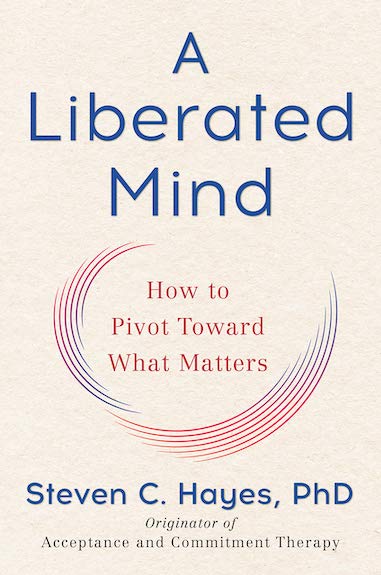
Steven Hayes is an eminent psychologist who developed a mode of talk therapy called Acceptance and Commitment Therapy (ACT). While CBT argues that you need to home in on your negative thinking and then challenge those thoughts so you can overcome them, ACT argues that by trying to focus on and challenge negative thoughts, you actually make them worse.
Instead of challenging negative thoughts, ACT suggests that you just accept them non-judgmentally and then commit to relating to them differently through psychological flexibility.
In A Liberated Mind, Dr. Hayes shows readers how to apply ACT to mood disorders ranging from depression to anxiety.
If you’ve tried CBT and haven’t had luck with it, pick up a copy of A Liberated Mind and see if ACT works for you.
Listen to my podcast with Steven Hayes where we discuss ACT:
Leashing the Black Dog by Brett McKay
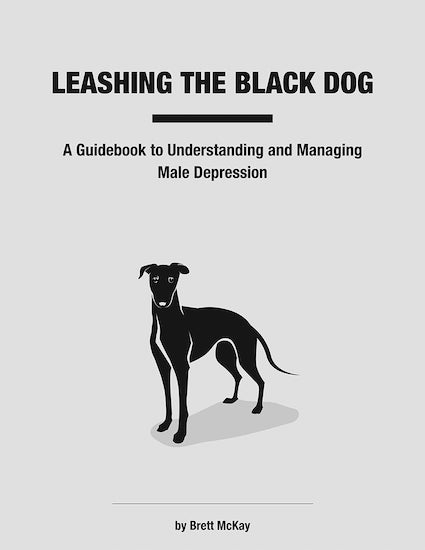
Several years ago, we published a series of articles on male depression called “Leashing the Black Dog.” In it, I summarized all the research out there about the causes and potential treatments for depression, with a focus on how they apply to men.
An updated version of that series is available as a paperback and an ebook in our store.
I’m really proud of Leashing the Black Dog. It’s thorough but concise, will help you reframe your mindset on depression’s place in your life, and takes an action-oriented approach to managing it. Over the years, I’ve gotten many letters from readers who’ve said it’s really helped them with their own depression.
We don’t promise that reading this book will cure your depression, but hopefully, it will empower you to put a leash on your own black dog.


